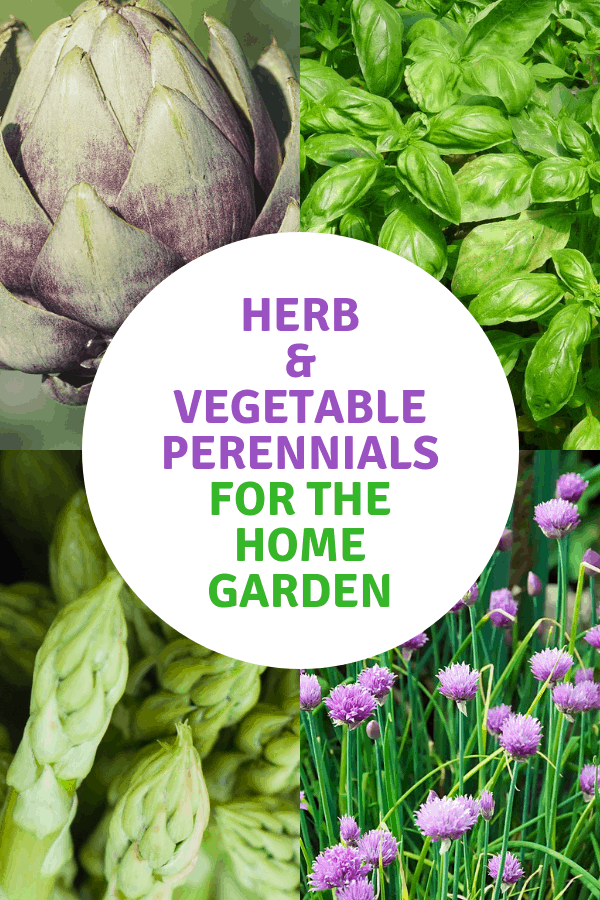
by Saffyre Falkenberg
Gardeners should take note — many different herbs and veggies will replenish themselves. Plants that replenish themselves year after year are known as perennials, as opposed to annuals and biennials. Annuals must be replanted every year and biennials every two years.
Planting perennials can be quite beneficial to both your schedule and pocketbook; you don’t have to take time preparing the area each year or waiting for sprouts, and you don’t have to buy seeds each year. When you’re planning your garden for the spring, be sure to save yourself time and money by incorporating some of these perennials into your herb and vegetable gardens.
Artichoke
Artichokes are a member of the thistle family cultivated as a food. When growing your own, be sure to harvest the buds to eat before the flowers, as the plants are barely edible after blooming. Artichokes are perennials in areas with mild winters and cool summers, making them ideal for zones 10 and 11. In these areas, artichokes can produce crops for up to five years.
Asparagus
With asparagus plants, patience is a necessary part of care, as the plants can take up to three years to really start producing. However, once they get started, asparagus plants can yield a harvest for up to 20 years. Plant asparagus in raised beds, and make sure it gets excellent drainage. Asparagus does best in zones 4-9.
Basil
Basil is one of the most popular herbs to grow and is most often associated with Italian cooking. Spice up your spaghetti sauce or homemade pizza with basil fresh from your herb garden. Basil can be grown in pots or outdoors, acting as a perennial in zones 10 and up. Make sure to pinch off the leaves once it reaches six inches tall to encourage leaf growth.
Chives
Chives are a delightful member of the onion family and are perennial in zones 3-10. They prefer full sun and must be watered consistently throughout the growing season to achieve better harvests. Make sure to remove the flowers before they produce seeds, however, as the plant can easily become invasive.
Fennel
An herb used for both its bulbs and its fronds, fennel makes a versatile addition to any home garden. Although an annual in northern climates, fennel can be treated as a perennial in warmer environments. Be sure to water it regularly during the growing season.
Garlic
A staple of any kitchen, garlic is a bulbous vegetable that can be started from its individual cloves. Plant garlic in well-drained soil, as soggy soil will cause the bulbs to become diseased or even rot. Raised beds are best for garlic plants. Harvest when the leaves start to brown.
Spinach
Related to beets and Swiss chard, spinach is a high-yield vegetable in the mild months of spring and fall. Grow the plant in well-drained soil that is heavily composted. The plant will only produce its delicious leaves when the days are short and cool, so harvesting is best in the fall months.
Perennial plants are a great addition to any home garden. By adding perennial vegetables and herbs to your gardens, you will save yourself time and money in the future. Plus, you will be rewarded for your efforts with plenty of delicious herbs and veggies to use in your cooking.
Learn More

Will Italian pole beans grow again if the roots are left in the ground they sure are large app 1 ft across and the outside and the roots are as long and as thick as pencil I dug them up and treated them like Dalia tubers they where the best beans in the community garden .